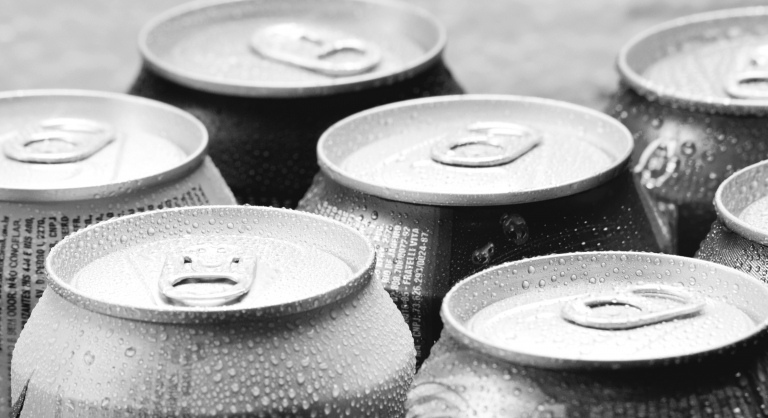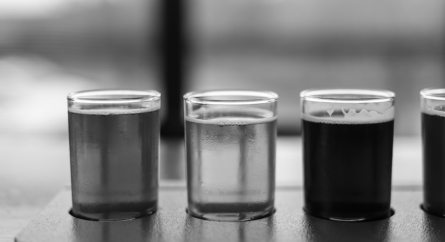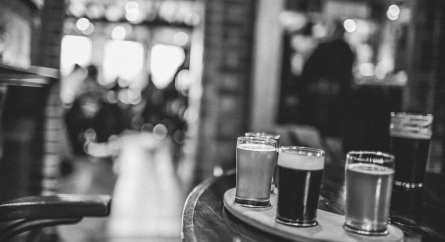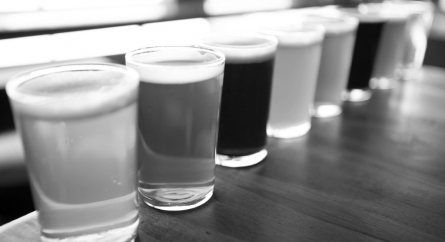Groceries and Beer, a One Stop Shop: How a Potential Ballot Question Could Make This True
When Massachusetts voters pick up their ballots this November, they may be asked to decide whether all food stores in the Commonwealth should be able to sell beer and wine. In a recent ruling, the Massachusetts Supreme Judicial Court decided that a proposed ballot initiative complies with the law, meaning that the stage is set for this question to appear on ballots in the fall. If that happens, and voters decide that a change to existing law is warranted, this shift in where beer can be sold could be big news for breweries and may present a valuable opportunity to increase distribution.
Initiative Petition 19-14, entitled “An Initiative Petition for a Law Relative to the Sale of Beer and Wine by Food Stores,” was reportedly first proposed by Cumberland Farms. In September 2019, after the Attorney General certified that the proposed measure conformed to the requirements of the law, it was filed with the Secretary of the Commonwealth, William Galvin. The proponents of the petition then submitted approximately 130,000 signatures in support of the initiative before the deadline of December 4th.
However, on November 25, 2019, seven registered voters brought an action challenging the Attorney General’s certification of Initiative Petition 19-14, arguing that it improperly combined four unrelated subjects into a single measure and therefore violated Amendment Article 48 of the Massachusetts Constitution, which requires that initiative petitions “contain[] only subjects . . . which are related or which are mutually dependent.” Specifically, the initiative would (1) create a new “food store license” allowing for the sale of beer and wine for off-premises consumption, (2) eliminate the limit on the amount of off-premises licenses any one retailer could hold, (3) impose new procedures to prevent the sale of alcohol to minors, i.e. requiring that IDs be electronically scanned, and (4) allocate resources to hire additional investigators for the Alcoholic Beverages Control Commission to enforce the laws.
In ruling that the Attorney General did not err in certifying the petition, the Court held that these four subjects were all “operationally related,” in that they all served the “common purpose of lifting restrictions on licenses for the retail sale of alcohol.” The Court also rejected the argument that the provision that would set aside funds to increase enforcement would amount to an unlawful “specific appropriation,” since the legislature would still maintain authority over that money.
If the supporters of the initiative petition submit an additional 13,347 signatures to Secretary Galvin by July 1st, the question will appear on the ballot in November. If the vote were to pass, it would almost certainly result in a seismic shift in retail sales of beer and wine and would likely have a substantial impact on breweries as well. If nothing else, it’s clear that voters in Massachusetts are going to be faced with at least one difficult question when they fill out their ballots this fall.
Categorized: Beer Laws, Liquor Laws
Tagged In: ballot question, grocery stores, liquor laws









